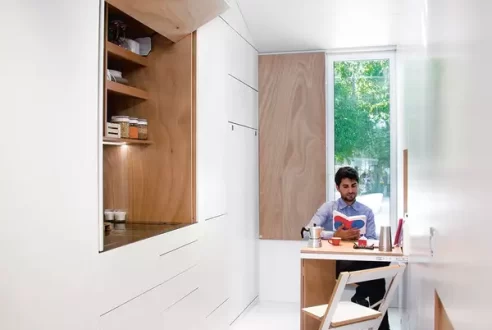Procedure for the Delivery of a Legacy in France
The will may have been kept by the deceased (holographic will) or given to a relative of the deceased. In any event, upon death, this document must be deposited with a notary by the person who discovered or held it. The deceased may also have given his or her will directly to the notary during his or her lifetime.
In all cases, the notary in charge of the succession must consult the Fichier central des dispositions de dernières volontés (Central file of last wills and testaments) in order to ascertain whether or not a will exists.
If he is in possession of a will, the notary must read it and draw up a report on the opening of the will. The notary is then obliged to inform the legatees (the beneficiaries of the deceased’s last will and testament) of the existence and content of the will drawn up in their favour.
Some legatees must request a legacy delivery to take possession of their legacy. Here is everything you need to know.
Who should apply for a bequest delivery?
Certain heirs must apply to certain people for a delivery of a legacy if they wish to take possession of their legacy. These are the following legatees:
– The universal legatees, when there are also heirs with the right of retention: the universal legatee must ask the heirs with the right of retention for the delivery of the property, which is his.
– The universal legatees: the universal legatee must request the delivery of the property to which he is entitled from the reserved heirs, or, if there are none, from the universal legatees, or, if there are no universal legatees, from the heirs in the order of succession.
The legatee, by particular title, is entitled to the bequeathed thing from the day of the testator’s death. However, he may not lawfully take possession of the bequeathed thing. He may not collect the fruits or interest until the day of his petition for delivery to the heirs with the right of reservation or if there are none, to the universal legatees, or, if there are none, to the heirs in the order of succession. The delivery may, however, be voluntarily granted to the legatee by a particular title. In this case, he may only take possession of his property on the day of the voluntary delivery.
Good to know: the Court has ruled on the situation of the universal legatee, a partial heir with other beneficiaries of the succession, to know whether he becomes the owner of the bequeathed property as soon as the testator dies. The Court’s answer is negative: the dual status of universal legatee and heir under reserve does not, on its own and in the presence of other heirs under reserve, confer a right of private ownership over the property dependent on the estate. It is, therefore, imperative to have the title verified by presenting it to the judge so that he can ensure that the conditions required by law are met and that its provisions do not infringe on the reserved portion of the estate.
Note: judges consider that a universal legatee has the status of an heir. Thus, a universal legatee can act to revoke a gift for ingratitude.
Procedure for the delivery of a legacy
The delivery of a legacy can be made out of Court. It can be established by a private deed: a written, dated and signed document. However, when real estate is involved, it is generally recommended that a notary be used to have the deed notarized.
The bequest should specify the property involved, whether it is a private deed or a notarial deed.
Good to know: if the persons from whom the legatee requests the delivery of the legacy refuse to hand over the property concerned, the legatee will have to go to Court.
Regarding legatees by particular title, normally, the estate must bear the costs of the application for delivery. However, this must not result in a reduction of the legal reserve.
Delivery of legacies and sending in possession
The notary verifies the conditions for seizing the universal legatee. He then sends a copy of the record of the opening of the will and a copy of the will to the clerk’s office of the Judicial Court of the place where the succession is opened. Only in the event of a dispute must the legatee be sent to take possession of the will by the judge.
Good to know: it is possible to oppose the exercise of his rights by the universal legatee. This opposition is made to the notary in charge of the succession within one month of the receipt by the clerk of the Judicial Court of a copy of the minutes of the filing of the will. Under this particular procedure, the universal legatee must be sent into possession by the Court to exercise his rights.



